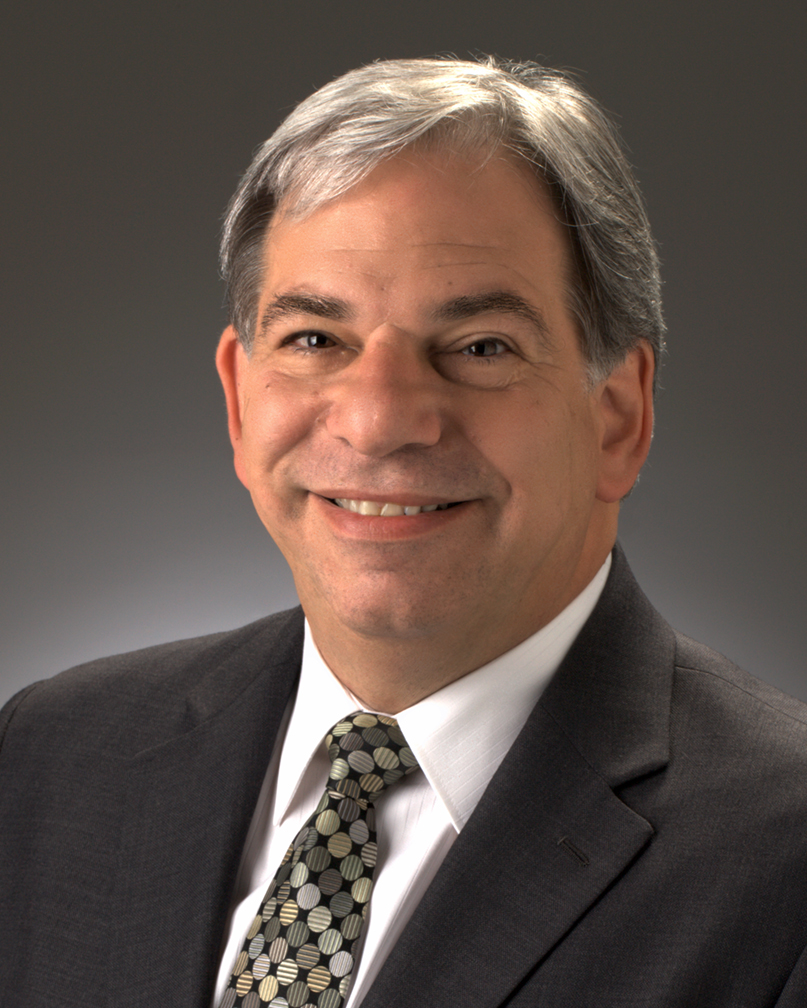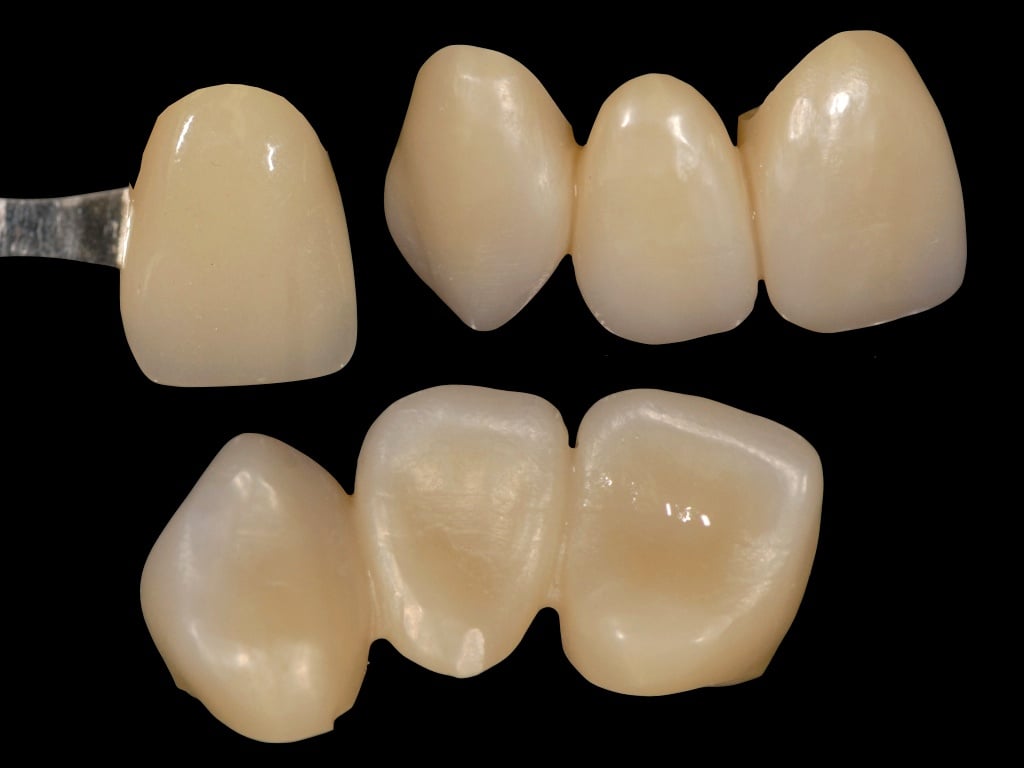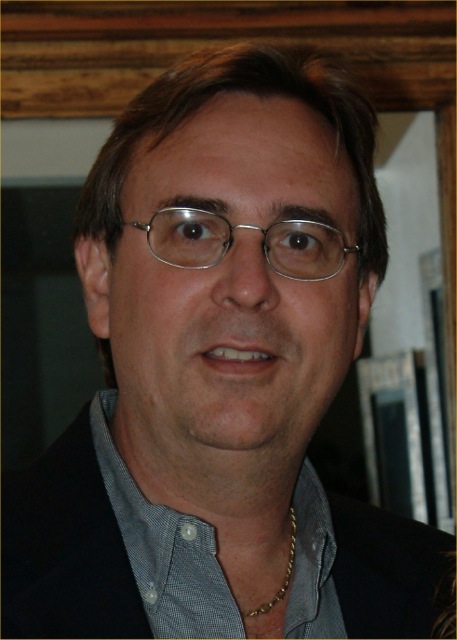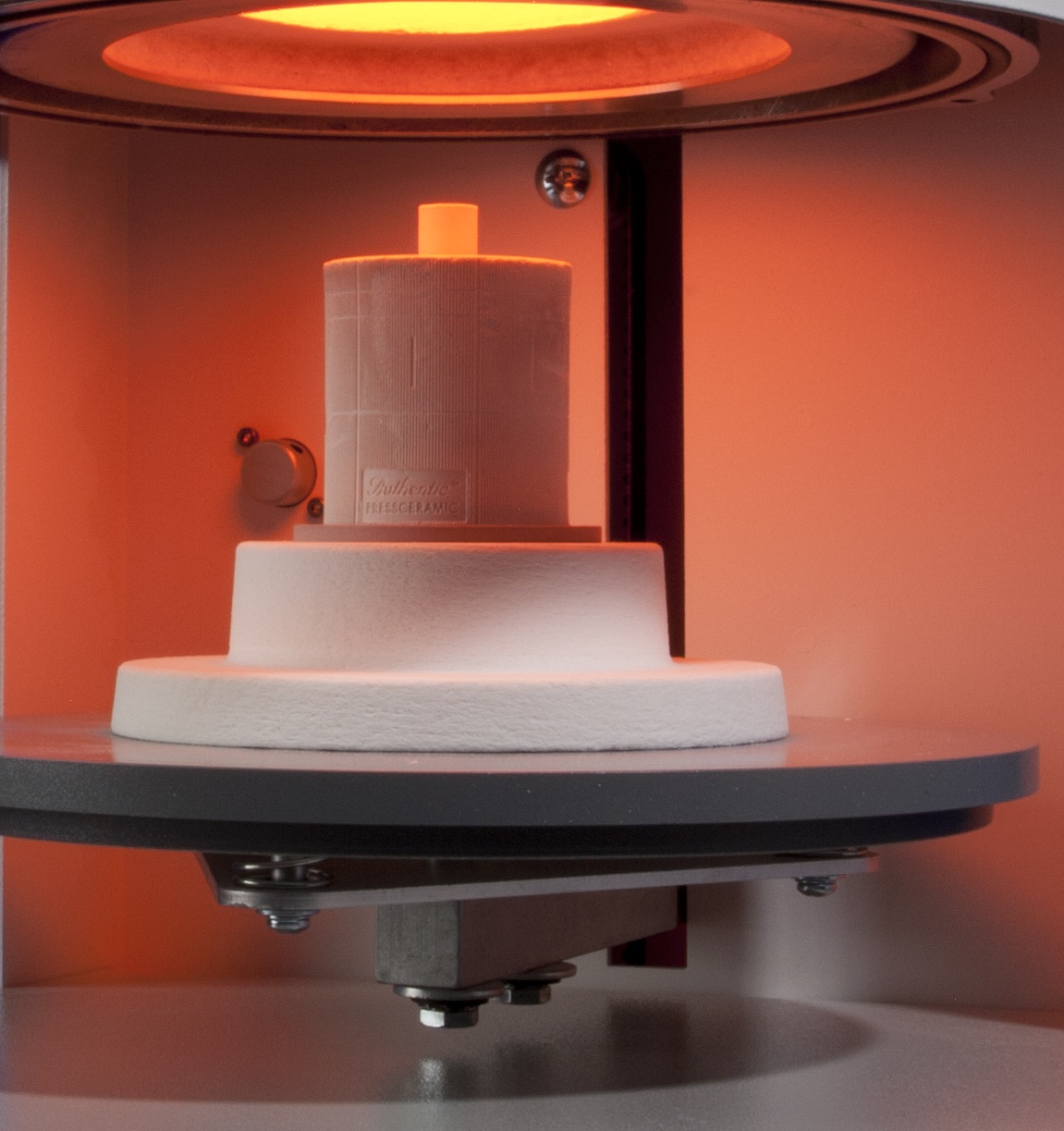
The list of milling materials available for the dental laboratory industry has expanded rapidly over the last few years. Joining the standard zirconia materials are wax, chromium cobalt, titanium and PMMA. The last addition, PMMA, has been growing and can now be separated into two different categories, including burnout patterns and full-contour long-term temporary restorations.
Burnout Patterns
PMMA, Polymethylmethacrylate, is a synthetic resin product fromm the polymerization of methyl methacrylate, the same material used in dentures. PMMA materials are ideal for milling wax patterns that are then used to create the accurate and detailed mold for the casting of dental alloys or the pressing of pressed ceramics for crown and bridge restorations. PMMA may, in some cases, be indicated over milled wax due to its pre-investment stability and its clean burnout with no carbon mold residue.
Long-term temporary restorations
Since the advent of chairside intraoral scanning, the milling of temporaries using the scanned file, have become more popular. There are several of these materials available, but a new class of milled temporary has recently been introduced to the industry. It is a layered PMMA developed to look much more natural than the monochromatic materials available before – without the necessity of post milling staining and coloring.
Whip Mix’s Vericore Gradient PMMA is different than others because it has been FDA approved to be used intraorally as a long-term temporary that has many stratas of varying color and translucency from cervical margin to incisal edge. The high number of layers helps to create a natural-looking restoration that when milled as full-contour, simulates natural dentition very closely. After milling, the lab technician needs only to polish or (light cure) glaze to achieve the appearance of a vital tooth.
Tips for Milling Vericore Gradient PMMA
Here are a few tips to follow when working with the Vericore Gradient PMMA:
- If the milling tools get clogged simply adjust the feed rate of the mill to a slower setting while maintaining the spindle speed.
- Ensure that the clamp holding the disc in place is tight. If not, it may allow the disc to rotate slightly, causing the temp not to be milled according to the set milling strategy.
- If the mill sounds like it is "struggling" to complete the temp, you don't need to worry. More than likely there is not an issue. All PMMA materials sound different than other materials as PMMA is harder than wax or partially sintered zirconia.
Overall, PMMA materials have offered the dental milling community new and useful alternatives for the restorations of today and tomorrow. If you are receiving intraoral scans for final restorations from your dentists, milling the required temporaries fits into the digital preferences of your dentist-accounts and ensures consistent and satisfying results for those doctors and their patients.
Photo Credit: Restoration created by Al Fillastre, CDT and owner of Ceram-O-Arts Dental Lab









.jpg)


Leave a comment